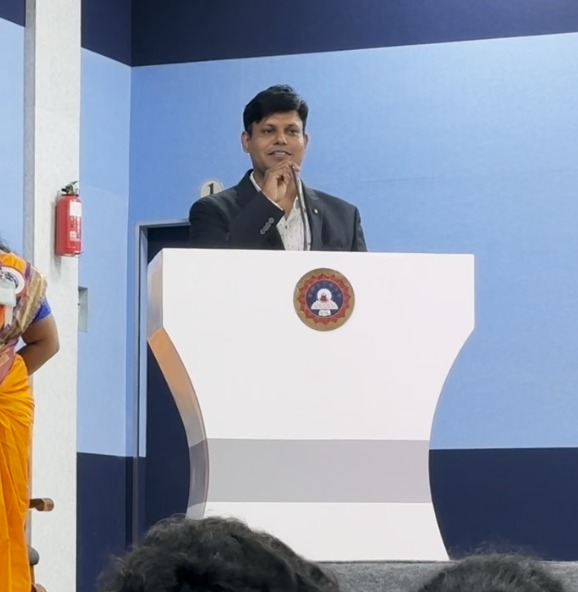
Key Takeaways from LlamaCon 2025
AI in Software Development
LlamaCon 2025 delivered a groundbreaking conversation between two of the biggest names in tech: Mark Zuckerberg, CEO of Meta, and Satya Nadella, CEO of Microsoft. Their fireside chat explored the rapidly evolving role of artificial intelligence (AI) in software development, including AI-driven code generation, self-improving agents, and the massive productivity gains expected in the coming years. Here’s a breakdown of the most important insights from their talk—and what it means for the future of AI and coding.
AI in Coding: The Future is Now
Mark Zuckerberg made a bold prediction: within the next year, 50% of all new code will be written by AI. This reflects the growing role of AI tools like Meta’s LLaMA and Microsoft’s GitHub Copilot in the development workflow. Satya Nadella confirmed that even now, a large percentage of code written by developers at Microsoft is AI-assisted. The transition from simple autocomplete to fully generative AI represents a seismic shift in how software will be built moving forward.
Legacy Code: The Elephant in the Room
While AI is transforming new software development, legacy systems still pose significant hurdles. Nadella explained that Microsoft, like many large companies, has decades of old C++ code that’s difficult to update. These systems weren’t built with AI in mind, making them harder to modernize. Zuckerberg noted that this gives startups an advantage: greenfield opportunities allow new companies to build AI-ready infrastructure from the ground up, bypassing the challenges of outdated codebases.
AI for Code Reviews and Automation
One of the most powerful current applications of AI is in code review. According to Zuckerberg, developers are using AI agents to review pull requests, identify bugs, and improve code quality. These AI agents not only speed up development but also reduce human error. Nadella added that this kind of automation can significantly improve developer productivity, allowing teams to focus on higher-level problem-solving.
Self-Improving AI: The Path to an Intelligence Explosion
Perhaps the most ambitious topic discussed was Meta’s goal of building self-improving AI agents. Zuckerberg revealed that one of Meta’s top priorities is to create AI systems that can improve their own models. This includes automating the research and development process—AI building better AI. If successful, this could trigger an intelligence explosion, where innovation accelerates exponentially.
Reimagining Developer Infrastructure for AI Agents
As AI agents take on more responsibilities, existing development tools may no longer suffice. Nadella emphasized the need for new infrastructure designed for AI-first workflows. This includes everything from agent-based coding platforms to new version control systems that support collaborative agent interactions. Zuckerberg suggested that the future of GitHub might be a system where agents submit pull requests, run tests, and even approve their own changes.
Advice for Future Developers: Think Systems, Not Syntax
With AI writing much of the code, what should new developers focus on? Both leaders agreed: systems thinking is crucial. Understanding how components interact, designing scalable architectures, and orchestrating AI agents will become the primary responsibilities of developers. Instead of memorizing syntax, the next generation of programmers will need to be strategic thinkers and effective problem-solvers.
AI as a Driver of Global Productivity
Zuckerberg and Nadella also touched on the broader economic implications of AI. By automating repetitive tasks and improving efficiency, AI has the potential to significantly boost global productivity. However, realizing this promise requires more than just technology. Organizations must rethink workflows, embrace change management, and invest in AI training for their workforce.
The Role of Open Source and Standardization
Open source will play a critical role in the future of AI. Meta’s LLaMA models are open source, allowing researchers and developers worldwide to build on them. Standardized protocols like the AI Agent Communication (A2N) and Meta Communication Protocol (MCP) are emerging to ensure interoperability between different AI systems. These standards will be key to building a robust, agent-based application layer.
Conclusion: The Next Era of Software Development
The LlamaCon 2025 conversation made one thing clear: AI is not just a tool, but a co-pilot and, eventually, a co-developer. From writing code to reviewing it, improving itself, and driving global productivity, AI is set to transform every aspect of software development. Companies that adapt quickly and invest in AI-first infrastructure will have a clear competitive edge. As we enter this new era, the collaboration between human developers and AI agents will redefine what’s possible in technology.
Stay connected with us on HERE AND NOW AI & on:

